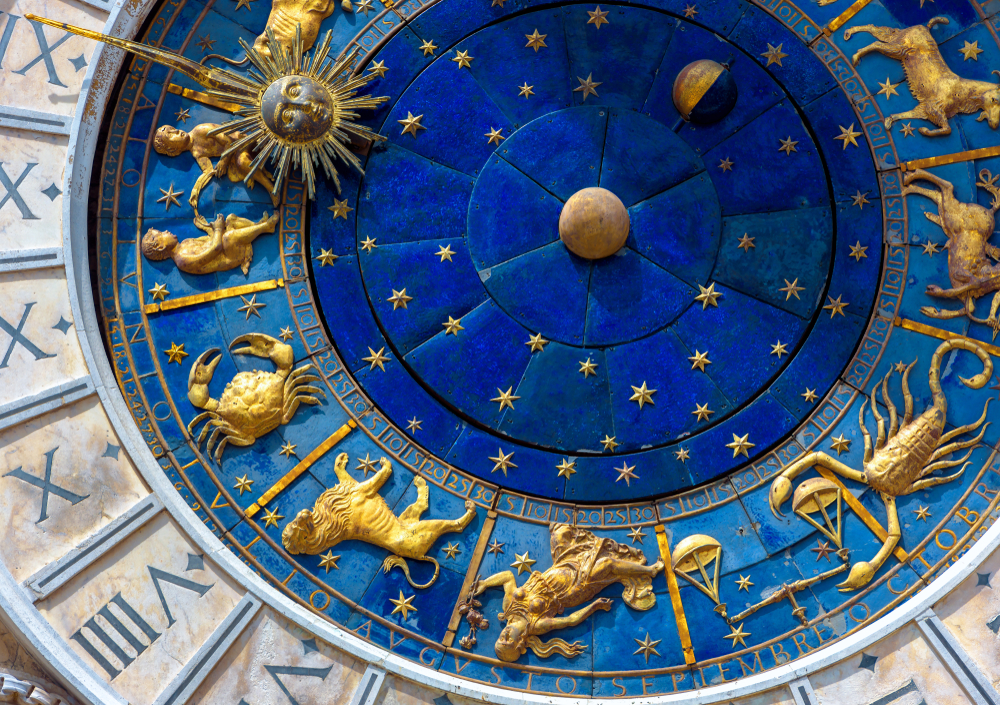
Astrology isn’t a religion in the traditional sense. This collection of ancient astrological beliefs and practices does not center around deities, texts, or houses of worship. Still, astrology is a meaningful spiritual practice for millions of people. This is increasingly the case among Millennials and Generation Z. The combination of social media and a decline in adherence to Judeo-Christian structures is driving a resurgence in astrology in Western countries.
The spectrum of astrological beliefs and practices is often the subject of ridicule. Perhaps even more than organized religions, it is consistently criticized as lacking any scientific basis. Additionally, its association with the world of sex and romance leads some to write it off as mere fun and games. These perspectives may miss the bigger picture, though.
In the realm of faith and belief, one must first remember that human beings use stories to make sense of the physical world. Some stories are fantastic and grand, while others are more grounded and relatable. In either case, we use these tales to communicate deeper truths about ourselves and the world around us. At its core, astrology serves the very same function. Its resurgence among Millennials and Generation Z can be understood as a quest for meaning and security in an age where both are lacking.
What Are Astrological Beliefs?
It is important to understand that astrology does not refer to a singular belief system. Rather, it is a collection of beliefs and practices that views human affairs as intrinsically connected to the movement of celestial bodies. The oldest recorded observation of the practice dates back to before 2000 BCE and has existed in various forms across many cultures over time. Interestingly enough, astrological worldviews were generally held by the educated in many societies. This would change with the rise of scientific research during the Enlightenment Era of the 17th century.
Even amidst the large amount of scientific data present in Western society, astrology experienced periods of renewed interest in the late 19th century alongside the spiritualism movement and once again during the New Age movement of the 1970s. Similarly, the past decade has seen a dramatic increase in horoscopes, natal charts, and other means of celestial knowledge.
Why Astrology Is Perfect for the Times
Much of the renewed interest in astrology is driven by social media. However, this does not explain why it has so deeply permeated contemporary culture. Among the young, this dynamic comes down to a need for security and meaning.
Millennials and Generation Z are coming of age during an era of perpetual crisis. It is not hard to see why they may feel that the world is unraveling before their eyes. In the midst of this great untying, organized religious institutions seem increasingly inadequate. Not only have they garnered a reputation for intolerance, but they also serve as a reminder of broken promises made in a world that no longer exists.
With a sense of security and meaning profoundly disrupted for the young, astrology fills this vacuum in two ways. First, it ascribes much of today’s chaos and uncertainty to something tangible and observable. The narrative that events here on Earth are ruled by the stars helps to foster a sense of order during disorderly times.
Additionally, astrology helps to foster meaning by using celestial bodies as a means to understand the self. A frequent criticism of astrology is that the personality traits ascribed to birth signs are generalizations of human behavior. Assuming this is the case, astrology can be understood as an affirmation of everything that makes us human. Rather than literally arguing that the stars rule one’s behavior, astrology affirms the belief that the self is knowable through experience and reflection.
The various forms of astrological belief are uniquely criticized by both religious and scientific communities. Upon closer examination, though, one begins to see how the practice is a source of hope and security for many.

